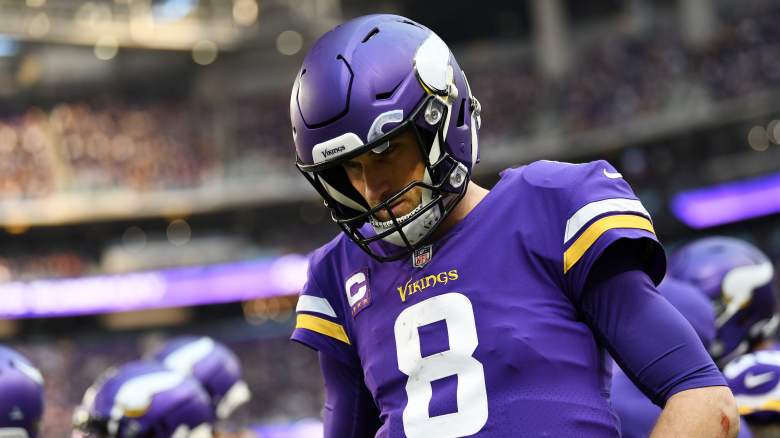
The Minnesota Vikings have a couple of potential home run options at quarterback this offseason, but neither come without serious risks.
Minnesota is among a handful of franchises that could realistically make a play for Baltimore Ravens QB Lamar Jackson who confirmed on Monday, March 27, that he asked his team for a trade at the beginning of the month.
“As of March 2nd I requested a trade from the Ravens organization, [as] the Ravens have not been interested in meeting my value,” Jackson tweeted, addressing Baltimore fans directly. “Any and everyone that has met me or been around me knows I love the game of football and my dream is to help a team win the Super Bowl.”
The Ravens did not honor Jackson’s request, but instead landed on a compromise. The team placed the non-exclusive franchise tag on their former MVP, allowing him to negotiate with other organizations. However, the Ravens retain the right to match any offer Jackson receives or command two first-round picks in trade.
Another option for any team interested in Jackson is to go right to the Ravens and hash out a direct deal. Minnesota is one of the more interesting potential partners in this regard because the Vikings can also offer up Kirk Cousins as a temporary replacement for Jackson in Baltimore along with draft compensation.
Vikings’ Cost For Jackson Likely Cousins, 2 First-Round Picks
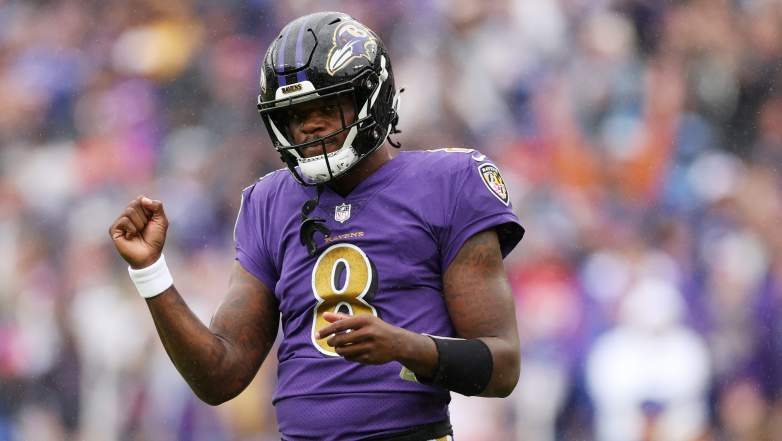
GettyQuarterback Lamar Jackson of the Baltimore Ravens celebrates a touchdown during a game against the Buffalo Bills at M&T Bank Stadium on October 2, 2022 in Baltimore, Maryland. (Photo by Patrick Smith/Getty Images)
Bill Barnwell of ESPN on March 7 examined what a deal between the Vikings and Ravens for Jackson might look like.
“This probably would end up with the Ravens getting two first-round picks and Cousins for Jackson and a fifth-round selection,” Barnwell said, while adding that there are several obstacles to such an agreement.
Cousins has a no-trade clause and will play next season at the age of 35 on the last year of his current deal, meaning an extension likely needs to be part of any trade in which he is involved. The Ravens may or may not be open to such a stipulation.
The other issue is the Vikings’ financial situation. The team has been in cost-cutting mode all offseason as it first needed to get under the 2023 salary cap and then had to begin planning for what will probably be the richest wide receiver contract ever awarded to All-Pro Justin Jefferson by way of an extension.
However, Barnwell also noted that the Vikings are more apt than some other potential suitors to meet the multiple first-round draft pick component of a Jackson deal with more or less a shrug. Minnesota picks 23rd in this year’s draft and will likely pick in the same range, or even lower, in 2024 should Jackson come to town, making the cost of acquiring him a little easier to shoulder.
Vikings Reject Cousins’ Offer of Discount on 3-Year Extension
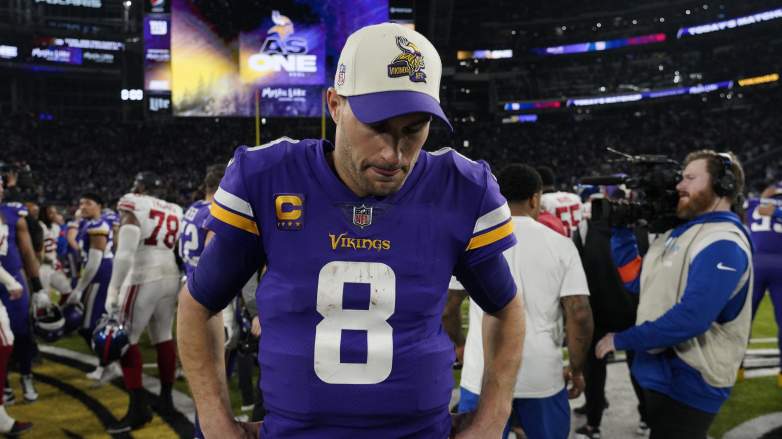
GettyQuarterback Kirk Cousins of the Minnesota Vikings reacts after losing to the New York Giants in the NFC Wild Card Playoff Game at U.S. Bank Stadium on January 15, 2023 in Minneapolis, Minnesota. (Photo by David Berding/Getty Images)
The timing of Jackson’s trade request revelation adds another layer of interest where the Vikings are concerned, as it came just one week after a report that Minnesota passed on an extension proposal from Cousins and his camp.
The quarterback offered to play at a discounted rate in exchange for a three-year deal, which the Vikings declined, per the Star Tribune’s Ben Goessling and Andrew Krammer via the March 20 edition of the Access Vikings podcast.
Minnesota clearly wants to transition to a new era under center after the 2023 season, though finding the path forward has proven difficult. Jackson is an option, but the team will have to pay him north of $250 million with most of that contract guaranteed on top of all the assets the Vikings will surrender in any trade.
The Vikings can draft a quarterback in the middle rounds, though that is also a considerable risk because if that player doesn’t pan out and Minnesota parts ways with Cousins, then the franchise has nothing at the position.
However, a third option has become a popular discussion point in recent days. Multiple mock drafts have projected that the Vikings will move up into the top 10 by packaging a first-round pick and a third-round pick and then select Will Levis out of Kentucky as Cousins’ heir apparent.
This solution is something of a compromise between trading for Jackson or betting the future on a third-round quarterback. Minnesota will still have to surrender significant draft capital to acquire Levis, though not as much as they will to land Jackson. Plus, Levis’ contract will be far more manageable if he doesn’t prove out.
The Kentucky QB will be considerably more expensive in draft capital and in salary than a player picked in the third round, but Levis should also offer a much higher ceiling, as he has been compared to Los Angeles Rams Super Bowl-winning quarterback Matthew Stafford by ESPN’s Mel Kiper Jr.
















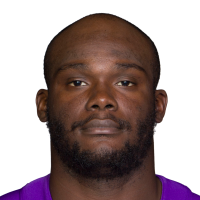


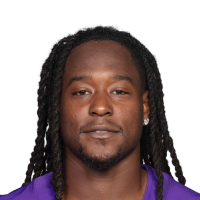



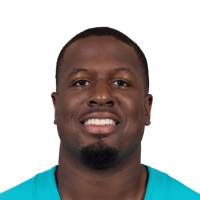

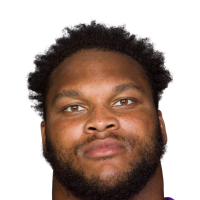





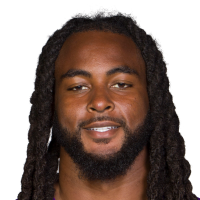





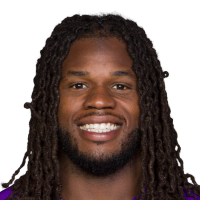


















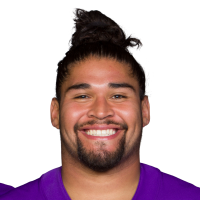
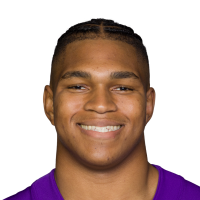









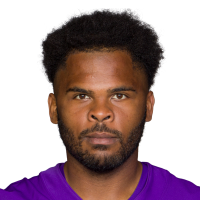








Comments
Trade Proposal Sees Vikings Flip Cousins for 2-Time All-Pro QB